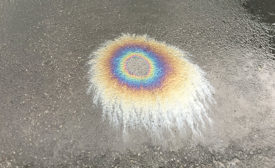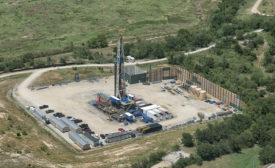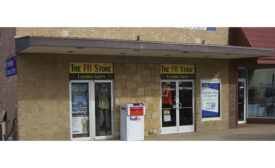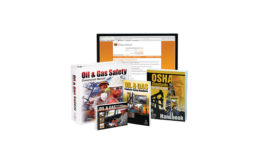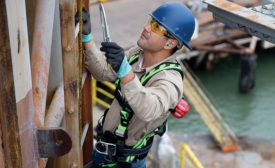Home » Keywords: » oil and gas safety
Items Tagged with 'oil and gas safety'
ARTICLES
Investigating unknown health hazards
NIOSH aims to gain more accurate exposure data
April 1, 2016
Become a Leader in Safety Culture
Build your knowledge with ISHN, covering key safety, health and industrial hygiene news, products, and trends.
JOIN TODAYCopyright ©2025. All Rights Reserved BNP Media.
Design, CMS, Hosting & Web Development :: ePublishing
